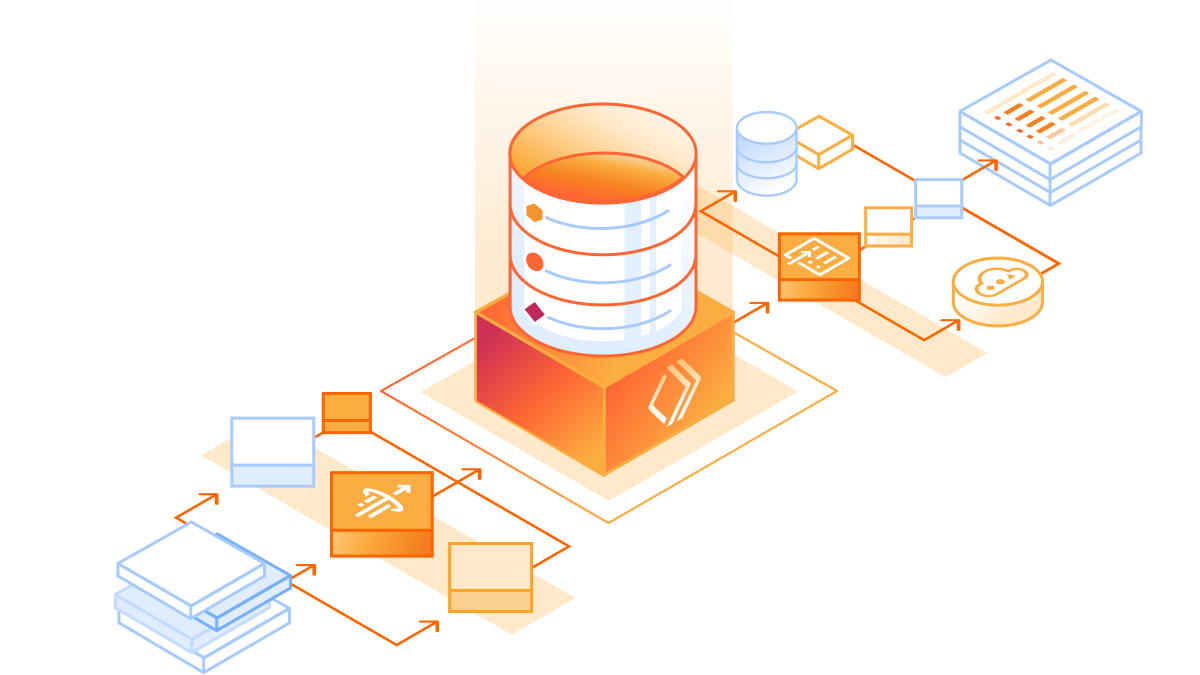Cloudflare Unveils Integrated Data Platform with R2 SQL and Apache Iceberg, Challenging Traditional Data Warehouses

Cloudflare has launched a comprehensive data platform, integrating its R2 object storage with Apache Iceberg and a new serverless query engine, R2 SQL, aiming to disrupt the traditional data warehousing market. The announcement, made on September 25, 2025, positions Cloudflare to offer an end-to-end solution for data ingestion, storage, and querying directly on its global network. The move is expected to simplify analytical data infrastructure and significantly reduce costs for businesses.
"Cloudflare just decided to ruin most data warehouses and implemented Apache Iceberg on top of their R2 bucket which you can query with R2 SQL," stated a user on social media, highlighting the perceived impact of the new offerings. This sentiment underscores Cloudflare's ambition to provide a compelling alternative to existing data solutions. The company emphasizes that users can now build entire applications on Cloudflare, including the database layer, leveraging its distributed infrastructure.
At the core of the new platform is R2 SQL, a serverless, distributed query engine designed to efficiently analyze petabytes of data stored in Apache Iceberg tables managed by R2 Data Catalog. This engine is optimized for analytical and time-series data, such as logs and events, providing a powerful tool for data exploration without the need for managing complex server clusters. R2 SQL is currently available in open beta, with plans to expand its capabilities to include complex aggregations and joins in the coming months.
The R2 Data Catalog, which entered public beta in April 2025, provides a managed Apache Iceberg catalog built directly into R2 object storage. Apache Iceberg is an open table format that brings database-like functionalities, including ACID transactions and schema evolution, to data stored in object storage. This integration allows users to leverage open standards and connect with various query engines like Spark, Trino, and Snowflake, ensuring interoperability and avoiding vendor lock-in.
Cloudflare Pipelines, also launched in open beta in September 2025, completes the data platform by offering a streaming ingestion service. Pipelines receive events, transform them with SQL, and ingest them into Iceberg tables or as files on R2. This end-to-end solution, combined with R2's zero egress fees, directly addresses the high costs and operational complexities associated with moving and querying data in traditional cloud environments. Cloudflare's strategy aims to democratize access to advanced data analytics by making it more affordable and easier to manage.